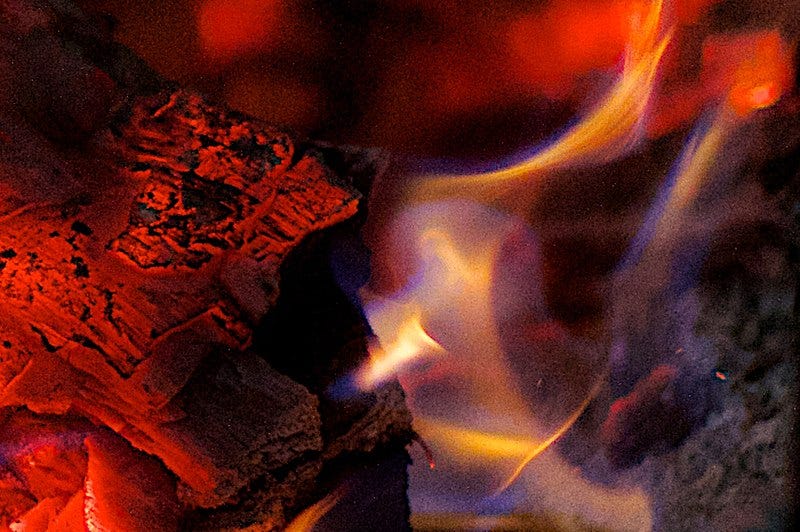
In February 1798, on the edge of Somerset’s Quantock Hills, William Wordsworth (1770–1850) sat drafting the first exploratory passages of his great poem, The Prelude. At the same time, his friend, collaborator, and neighbor Samuel Taylor Coleridge (1772–1834) was also at work on major poems of his own. 1798 would prove to be a breakthrough year for Wordsworth and Coleridge as artists, with the first publication of their joint project, the Lyrical Ballads. On any timeline of English literature, Lyrical Ballads is its own major event. In his famous preface to the second edition, Wordsworth declares a revolution in poetry: to vanquish the “gaudiness and inane phraseology” of the eighteenth century with a poetic language rooted in “humble and rustic life . . . because in that condition the passions of men are are incorporated with the beautiful and permanent forms of nature.”
Early in the year, however, through the frozen nights, what…
Keep reading with a 7-day free trial
Subscribe to Poems Ancient and Modern to keep reading this post and get 7 days of free access to the full post archives.



